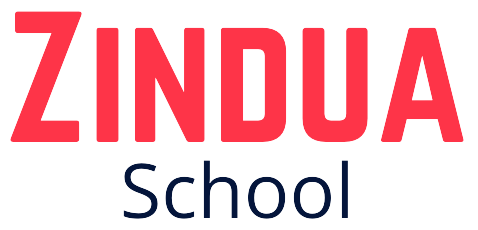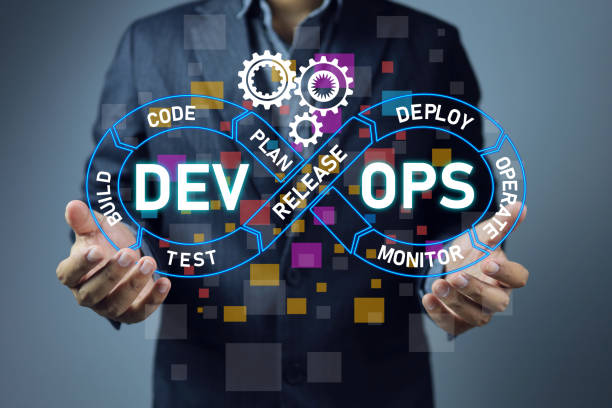The Ultimate DevOps Engineering Roadmap for 2025
🚀🧰 DevOps Engineer Roadmap: Skills, Tools & Career Path
Ready to become a DevOps Engineer? Learn everything you need to know—from coding and Linux to CI/CD and cloud. This guide walks you through every step.
🚀 Introduction
DevOps is a rapidly growing field that connects software development with IT operations to streamline the delivery of high-quality software. Whether you’re a beginner or transitioning from another tech role, this roadmap is designed to guide you through the core skills, tools, and practices needed to succeed as a DevOps Engineer.
🎯 What You’ll Learn
- Key skills required to become a DevOps Engineer
- Popular DevOps tools and platforms
- Best practices in CI/CD, automation, and monitoring
- Step-by-step roadmap to guide your learning
- Real-world project ideas and resources
- Certification & career support
🧱 Before You Begin: Build a Strong Foundation
To thrive in DevOps, make sure you understand:
- Linux & system administration basics
- Networking fundamentals (IP, DNS, firewalls)
- Version control with Git
- Scripting with Python or Bash
- Software development concepts
🎓 New to tech? Start learning with beginner-friendly courses at Zindua School and lay the groundwork for your DevOps career.
🧠 Understanding DevOps Principles
📌 What is DevOps?
DevOps is a set of cultural philosophies and practices that unify development and operations teams to:
- Accelerate development cycles
- Improve deployment frequency
- Increase system reliability
🔑 Key Principles:
- Collaboration between cross-functional teams
- Automation of repetitive processes
- CI/CD pipelines for rapid delivery
- Monitoring for continuous feedback
- Security integration (DevSecOps)
🧬 DevOps Culture
- Shared ownership and responsibilities
- Continuous improvement and feedback loops
- Open communication and transparency
🛠️ DevOps Roadmap: Step-by-Step
1. Learn Programming & Scripting
- Languages: Python, Go, Bash
- Use cases: Automation, deployment scripts, API integration
2. Master Linux & Networking
- Filesystem, processes, permissions
- Networking: TCP/IP, DNS, proxies, load balancers
3. Version Control with Git
- Tools: GitHub, GitLab
- Concepts: Branching, merging, pull requests
4. CI/CD Pipelines
- Tools: Jenkins, GitHub Actions, GitLab CI
- Concepts: Automated testing, deployment strategies
5. Infrastructure as Code (IaC)
- Tools: Terraform, Ansible
- Concepts: Immutable infrastructure, configuration management
6. Containers & Orchestration
- Tools: Docker, Kubernetes, Helm
- Concepts: Microservices, cluster management
7. Cloud Platforms
- Providers: AWS, Azure, GCP
- Core Services: Compute, storage, networking
8. DevSecOps (Security)
- Tools: Vault, IAM, Snyk, SonarQube
- Best Practices: Least privilege, secrets management
9. Monitoring & Logging
- Tools: Prometheus, Grafana, ELK, Loki
- Goals: Observability, alerting, root cause analysis
10. Collaboration & Soft Skills
- Communication with dev/ops teams
- Problem-solving under pressure
- Documentation and continuous learning
📚 Bonus: Resources for Deeper Learning
📘 Recommended Books
- The Phoenix Project – Gene Kim
- The DevOps Handbook – Jez Humble
🧑🏫 Online Courses
- DevOps Bootcamp – Udemy
- Kubernetes Academy
- Zindua School: DevOps Program
🏅 Certifications
- AWS Certified DevOps Engineer
- Certified Kubernetes Administrator (CKA)
- HashiCorp Terraform Associate
- Azure DevOps Expert
💼 Final Thoughts
Becoming a DevOps Engineer means combining coding, automation, infrastructure, and communication skills. Follow this roadmap and stay committed to hands-on learning.
🚀 Take Action: Start Your DevOps Journey Today
🔗 Join Zindua School’s DevOps Engineering Program
Get access to expert mentorship, practical projects, and career support.







